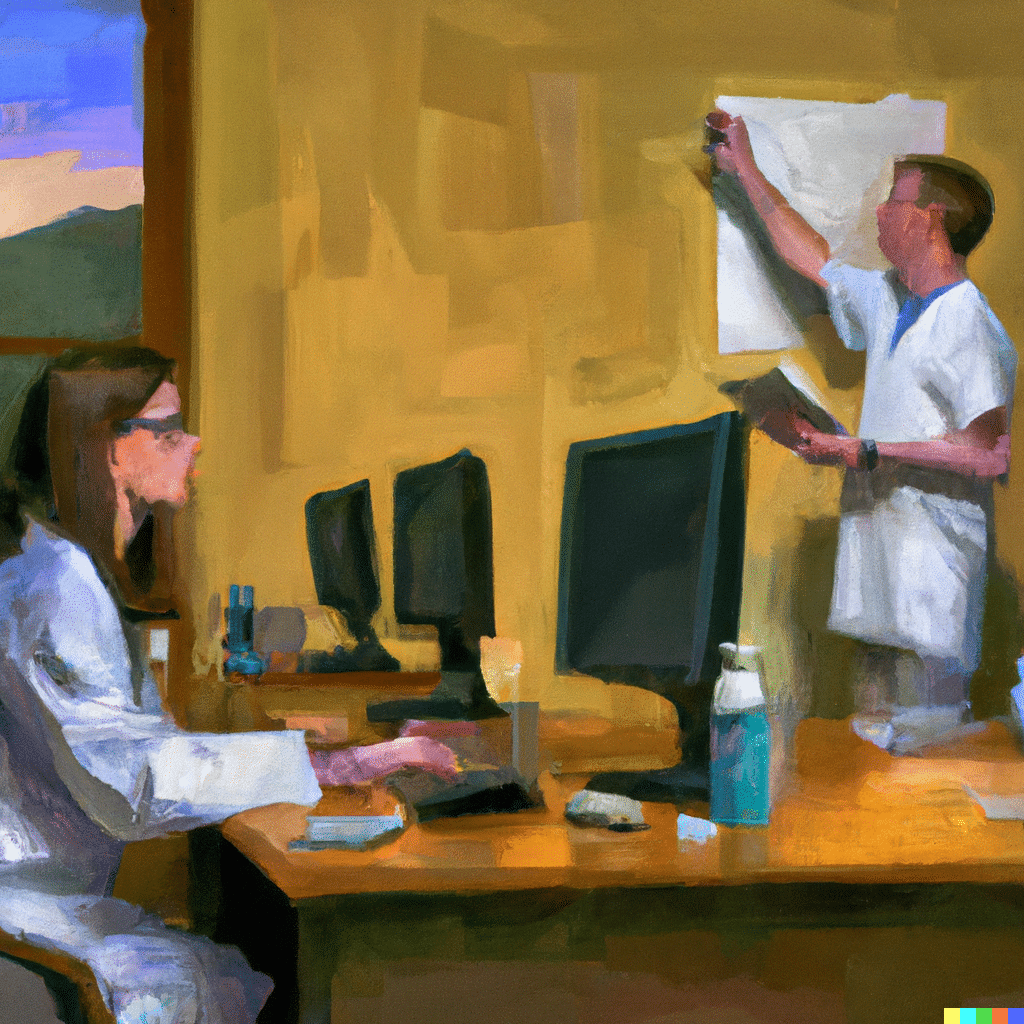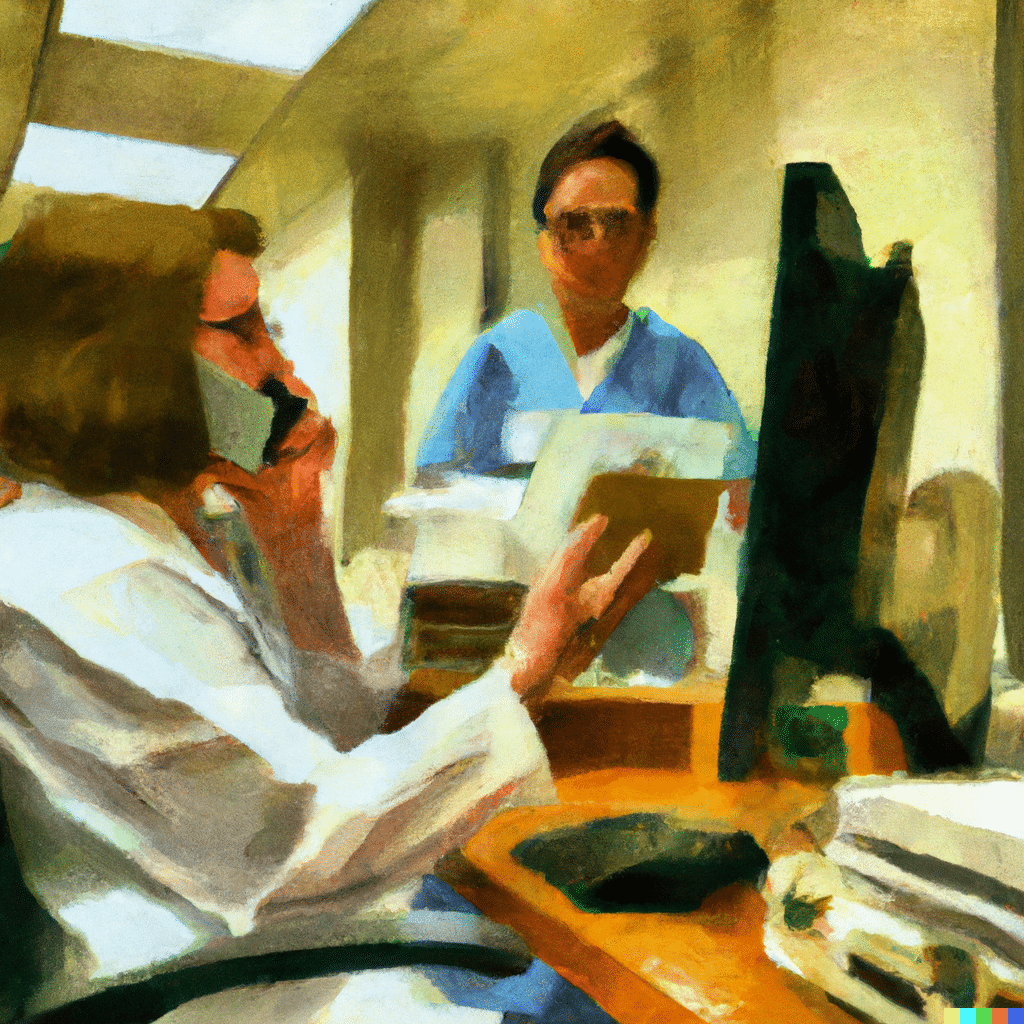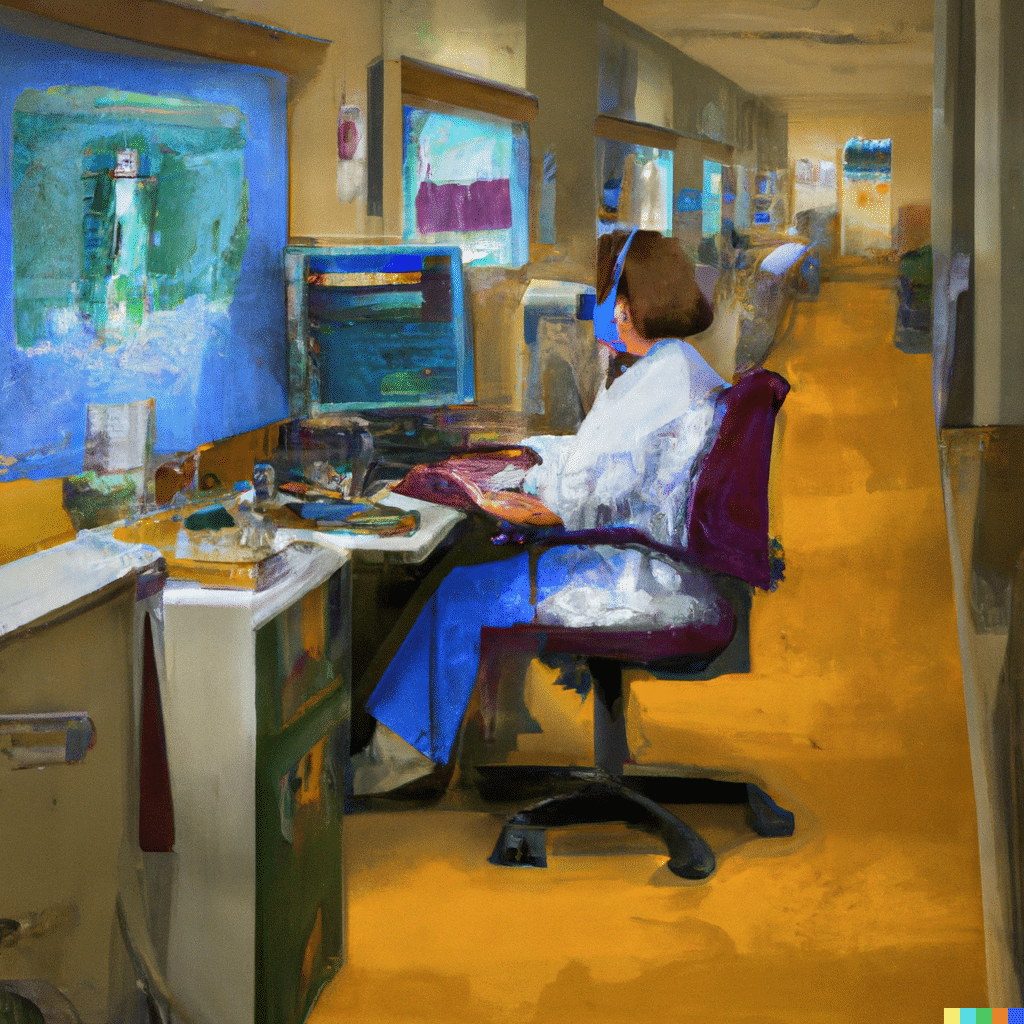
Real Medical Billers & Coders. Honest Answers.
More Answers From Medical Billing and Coding Professionals
4 Steps to Getting a Career in Medical Coding
Step 1
Pre-Requisites
High school diploma or GED.
Step 2
Earn a Degree
Earn a Certificate, Associates or Bachelors in Medical Billing and Coding.
Step 3
Certification
Obtain optional certification with the AAPC or PAHCS.
Step 4
Seek employment
Salary range, $44,010 – $115,160 (BLS 2020).
Best Online Medical Coding Degree Programs
Medical billing and coding degrees are offered at the certificate, associates and bachelors degree levels. At the associates or bachelors level, the degree is often called, Health Information Management, Informatics, or Healthcare Administration in addition to Medical Billing and Coding. Below you’ll find accredited online medical billing and coding degree programs that will prepare you for your career in the field:
Want More Options? See Our Directory of Medical Billing and Coding Programs
What Our Experts Say About Online Medical Billing and Coding Programs
I teach a lot of programs online, and I’ve learned that it’s really dependent on the student. If you’re engaged online… then you’re going to have a rich experience because, number one, you want it. And number two, you have someone who’s open to you and have that rapport [with your professor].

All of those medical billing and coding certificates are now online. You don’t have to go the route of a typical classroom. You can definitely take the route of just online learning at your own pace. But you still have to stay on track with the courses so that you meet the requirements.

I would just suggest to pick whatever fits your schedule best or whatever is best for you. An advantage to doing it online would be if you want to move to a remote position, it kind of gives you a taste of how you’re going to have to structure your day in order to make sure you’re meeting, you know, deadlines and things like that.

School Selection Considerations
Accelerated vs. Traditional Programs
A traditional associates in medical billing and coding requires full-time attendance for two years. In the last decade, accelerated online medical billing and coding degrees have become increasingly popular. Here are three advantages to enrolling in an accelerated online medical billing and coding degree program compared to a traditional one:
- Faster Completion: A primary advantage of attending an accelerated medical coding degree program is that students can complete their education and training in a shorter period of time than they would with a traditional program. This can be especially beneficial for individuals who want to enter the workforce quickly and start their careers and start earning an income earlier.
- Intensive Practical Curriculum: Accelerated medical coding degree programs typically offer a more intensive curriculum than traditional programs, and often due to time constraints offer a more limited scope of information which is focused more narrowly on the most important practical skills and knowledge needed for the field.
- Flexibility: Many accelerated hybrid or online medical coding degree programs provide increased flexibility for students who need to balance their studies with work, family or other commitments. This can allow students to complete their education at their own pace and on their own schedule.
While accelerated online medical billing and coding programs offer numerous advantages, it’s worth noting that they may not be the best option for all students. Typically, accelerated degree programs are more intense and require more self-discipline than traditional programs, and they may not offer the same level of support and resources as traditional programs. It’s important for students to carefully consider their options and choose a program that best meets their needs and goals.
Online vs. Campus Programs
Online medical billing and coding programs have become an increasingly popular option, but they aren’t appropriate for every student. Here are four advantages to obtaining a medical billing and coding degree online, as well as some considerations about who might not benefit from online learning:
Advantages of Online Medical Billing and Coding Programs:
- Flexibility: Perhaps the most significant benefit of obtaining an online medical billing and coding degree is schedule flexibility. Attending an online program gives you the ability to attend classes on your own schedule, which is ideal for working adults, students with families, or people with other time constraints.
- Lower Costs: Pursuing an online medical billing and coding degree can often be more cost-effective than on-campus programs. In addition to lower tuition rates, online students can save on expenses such as commuting, housing, and books, as compared to traditional on-campus programs.
- Access to a Larger Selection of Programs: Because so many colleges offer online medical billing and coding degree programs, you will have access to a larger selection of degree programs compared to just being able to attend college programs near you. This means you have more options to find a program that fits your specific needs and interests.
- Comfortable Learning Environment: Some students appreciate the formality of attending college in person, but for many students, the opportunity to learn from the comfort of their own home or a local coffee shop is a significant advantage. Distance learning programs enable students to create a learning environment that works best for them, allowing them to focus and retain information better.
Disadvantages of Online Medical Coding Programs:
- Lack of in-person interaction: Online classes often lack the personal connection that you can only get via face-to-face interactions with your professors and students. For some students, this lack of in-person connection inhibits their learning.
- Technical difficulties: Online education requires a stable internet connection and a quiet area to learn in. Online colleges have improved dramatically in recent years, however, there can still be frustrating technical difficulties that make it hard to connect with and learn from professors and classmates.
In conclusion, getting an online medical coding and billing degree has both pros and cons. Students should weigh these factors carefully to determine which option is best for them, depending on their individual goals.
School Accreditation
For a profession that requires as much attention to detail and concentration as medical billing and coding, most employers are looking for someone with a degree or certificate from an accredited institution of higher education.
School accreditation means that the medical billing and coding program has met certain standards of quality, and that the credentialing body has determined that the education and training received is of a high level.
Attending an accredited university is important not just because it has been reviewed and deemed to provide a quality education, however. It is also important because employers, particularly large employers, may only accept your medical coding and billing degree if it was received by an accredited school.
Since there are so many accredited medical billing and coding programs, it can be hard to decide which accreditation criteria are most important. The following are important traits to look for in a medical coding certificate or degree program:
- Provides a Recognized Certification: Well-known and document certifications for medical coding and billing specialists include the Registered Health Information Technician (RHIT) certificate and the Certified Tumor Registrar (CTR) certificate.
- Accredited: The importance of accreditation cannot be overstated. A degree or certificate from an unaccredited program will not be respected by employers, and will be worthless in the job market.
- Fairly Priced: Because certification classes are essentially required for many professionals in the medical coding field, some programs think they can charge extortionate fees and get away with it. Do some online research or talk to an actual medical coding professional to determine what a fair price for an associate’s degree and certification in the field is, and don’t pay more than you have to.
- Up-to-Date: Computer technology and data-storage is changing so rapidly that the programs used to store and retrieve medical data this year may change dramatically in the next couple of years. Make sure that the program you choose teaches not only the current programs, but the fundamental skills needed to adapt to new technologies in this field.
Professional Skills For Medical Billers and Coders
In addition to learning basic terminology, anatomy, and how the insurance and healthcare systems work in tandem, there are a number of important professional skills that are required for long term success in the medical billing and coding industry.
Other skills necessary for a successful medical coding career include:
- Business Skills: Skills such as creating consistent data entry, navigating spreadsheet software, and understanding specialized billing and coding computer programs are essential to succeeding as a medical biller and coder.
- Managing Electronic Health Records: With the current switch to electronic health records (EHR) medical coding technicians will be more in demand than ever before. These technicians will also be responsible for transferring of data securely and privately from paper records to electronic ones, and between digital databases.
- Knowing Medical Coding Languages: Medical coding specialists also learn to code patient information for reimbursement from insurance, Medicaid, and Medicare. Several coding systems such as physician, long term, and ambulatory may be taught depending on the medical coding degree.
Degree Selection
Medical billing and coding degrees are typically offered at the certificate, associates and bachelors degree levels.
Certificate:
- A certificate in medical billing and coding is the most common degree in the field, and can be completed in mere months rather than years.
- Typically, these programs are titled, “Medical Billing and Coding” or a close variation thereupon.
- A medical billing and coding certificate can lead to a career as a coders, billers, and analysts in both work from home, private practice and hospital settings.
Associates:
- An associates in medical billing and coding is the second most common degree in the field. It can be completed in as little as 12 months, but more typically takes 2 years to complete.
- While some associates programs are titled, “Associates in Medical Billing and Coding”, they are frequently labeled, Healthcare Administration, Health Information Management or Healthcare Informatics.
- An associates degree leads not only to careers as a coder, biller, auditor and analyst, but also prepares you for more supervisory level positions in healthcare.
Bachelors:
- A bachelors level degree in medical billing and coding is primarily for individuals who long-term want a management level position. It can be completed in as little as 2 years via an online accelerated program, but more commonly takes 4 years to complete.
- Bachelors level degrees are not commonly titled “Bachelors in Medical Billing and Coding” but rather have titles which reflect their broader scope and focus on management and higher level concepts, such as, Health Information Management, Health Informatics, Health Technology or Healthcare Administration
- Medical Billing and Coding Bachelors degrees most commonly prepare students for a healthcare management career. Coursework includes a medical billing and coding, but the focus is typically on broader topics necessary to gain a fuller understanding of healthcare operations and management.
Certification Requirements
Obtaining a certification in medical billing and coding (as opposed to a certificate) is optional, and not required to practice in the field. However, many medical billers and coders choose to obtain a certification as they offer a number of professional advantages.
The basic medical billing and coding certification is the Certified Professional Coder (CPC) given by the American Academy of Professional Coders and it is recommended to have an associate’s degree in medical coding before taking the exam. The AAPC is the nation’s largest medical coding training and certification organization, with over 93,000 certified medical coders and auditors. They also offer training and many other certifications.
Other organizations include the Professional Association of Healthcare Coding Specialists and the Board of Medical Specialty Coding, each with their own certifications and resources. Others popular certifications include the CPC-H for those with a medical coding degree who would like to work in a hospital and other outpatient facilities.
Explore More
Resources & Gallery
Learn More About Medical Coding and Billing Careers, Salary, and Degree Options By Visiting These Resources, and use royalty free our gallery of oil paintings of medical billers, coders and auditors at work:











